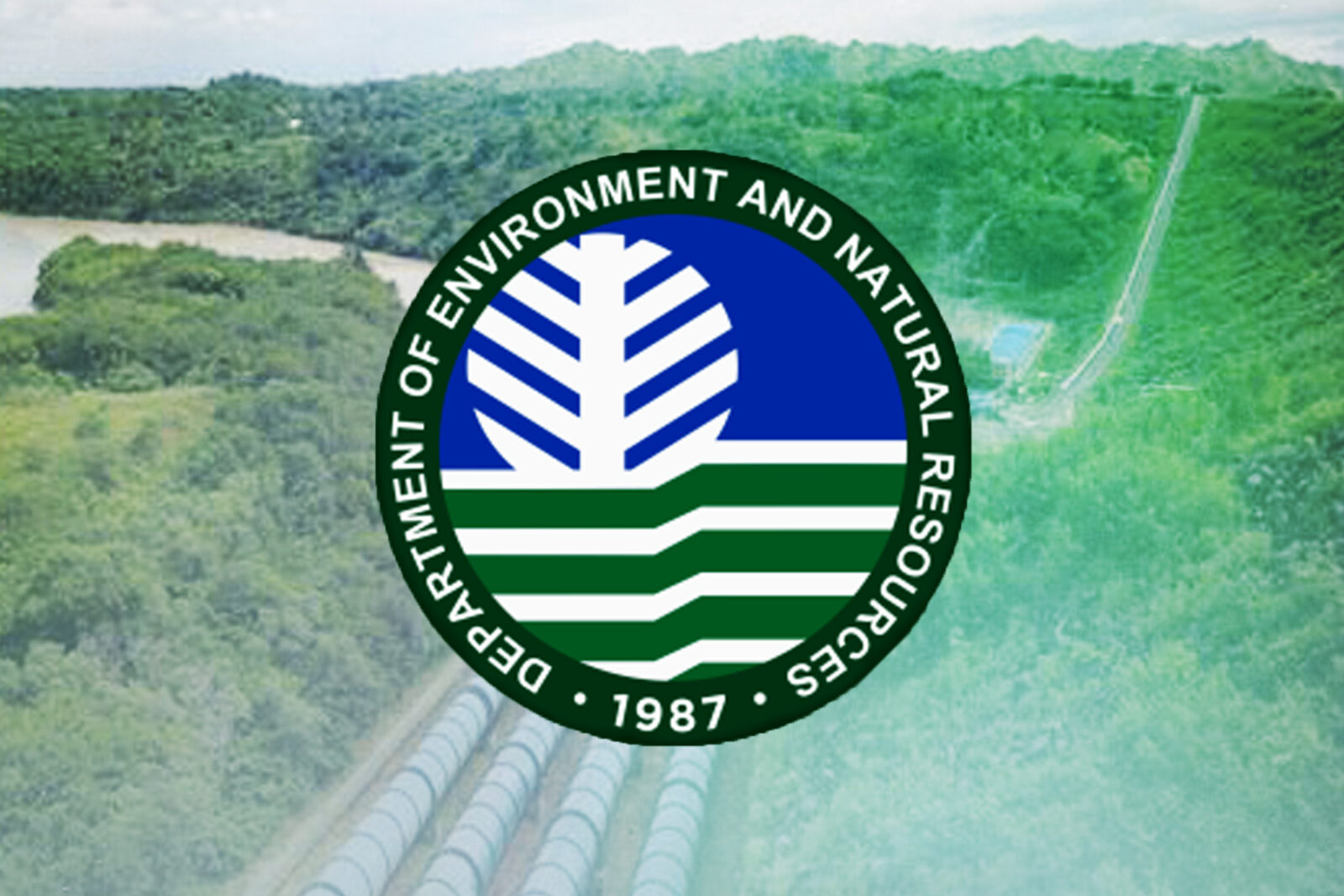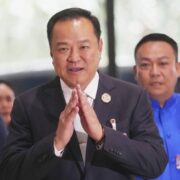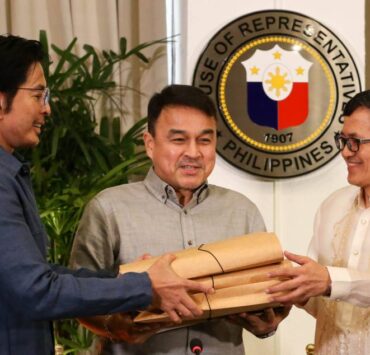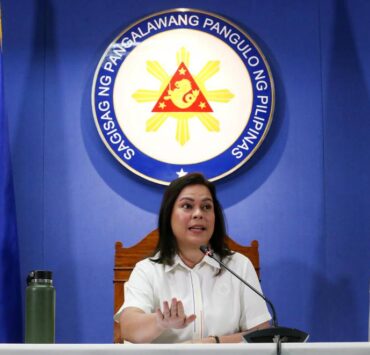DENR taps NGOs to equip LGUs for disaster response

In a bid to improve the country’s climate resiliency at the local level, the government has signed a partnership agreement with eight nongovernmental organizations (NGOs) to expand its local government-oriented program, Project Transform (Transdisciplinary Approach for Resilience and Environmental Sustainability).
Under that initiative by the Department of Environment and Natural Resources (DENR), local government units (LGUs) will work together with their communities, national agencies, private sector, academe and other groups in carrying out programs that target the specific needs of their localities.
Environment Secretary Ma. Antonia Yulo Loyzaga led the signing of the agreement together with Assistant Secretary Lilian de Leon of the Department of the Interior and Local Government (DILG) during last week’s Asia-Pacific Ministerial Conference on Disaster Risk Reduction, which tackled Project Transform on its fourth day.
The discussion highlighted the need for a “whole-of-society” approach that empowers local officials to take charge of building resiliency in their communities amid the threat of calamity.
“Local leadership is critical in making the resilience agenda work on the ground. Key to this is the local chief executives’ need to own both risks and opportunities that are present in each individual local government,” Loyzaga said.
“It is through strong leadership that we can navigate the complexities of our time and steer our communities toward a safer, more sustainable future,” De Leon said.
Partnership
The government’s partner NGOs in Project Transform are the Philippine Council for NGO Certification, Philippine Business for Environmental Stewardship, Philippine Partnership for the Development of Human Resources in Rural Areas, Water Environment Association of the Philippines, Pollution Control Association of the Philippines, Kabuhayan sa Ganap na Kasarinlan Credit and Savings Cooperative, Kasagana-Ka Development Center Inc. and the Ako ang Bukas program under the group Green Convergence for Safe Food, Healthy Environment and Sustainable Economy.
“What we’d like to do really is to be able to replicate [Project Transform] and implement the project to as many provinces as possible,” Environment Undersecretary Marilou Erni said.
Under the project, local governments will carry out such functions as providing incentives to barangays—amid their efforts to establish disaster resilience in their communities—as well as drawing up plans on disaster risk assessment, including the post-assessment of the impact of these calamities.
In the case of Bataan, Gov. Jose Enrique Garcia said one “early win” of Project Transform in his province was how its partners—particularly the DENR, the Bureau of Fisheries and Aquatic Resources, the Office of Civil Defense, the Philippine Coast Guard and the Marine Science Institute of the University of the Philippines—were able to help avert “what could have been a catastroph[e]” if the damage from the MT Terranova oil spill last July had not been contained sooner.
“Through the hard work of all stakeholders, oil containment and recovery operations were terminated last Sept. 12, successfully siphoning 1.41 million out of 1.46 million liters of oil from the sunken vessel,” Garcia said.
Ongoing implementation
Earlier this month, the DENR and the DILG signed a joint circular to “institutionalize the implementation and coordination of Project Transform,” De Leon said.
Erni cited the project’s already ongoing implementation in Ormoc City in Leyte province as well as in Bataan, Rizal, Palawan, Bohol, Surigao del Norte and Sarangani provinces.
In January, the DENR issued Administrative Order No. 2024-01 establishing the Project Transform Management Office to “ensure… that even beyond this administration, the project still continues,” she said.
For the coming year, the government aims to expand the project to Baguio City and Quezon, Masbate and Lanao del Norte provinces.

















